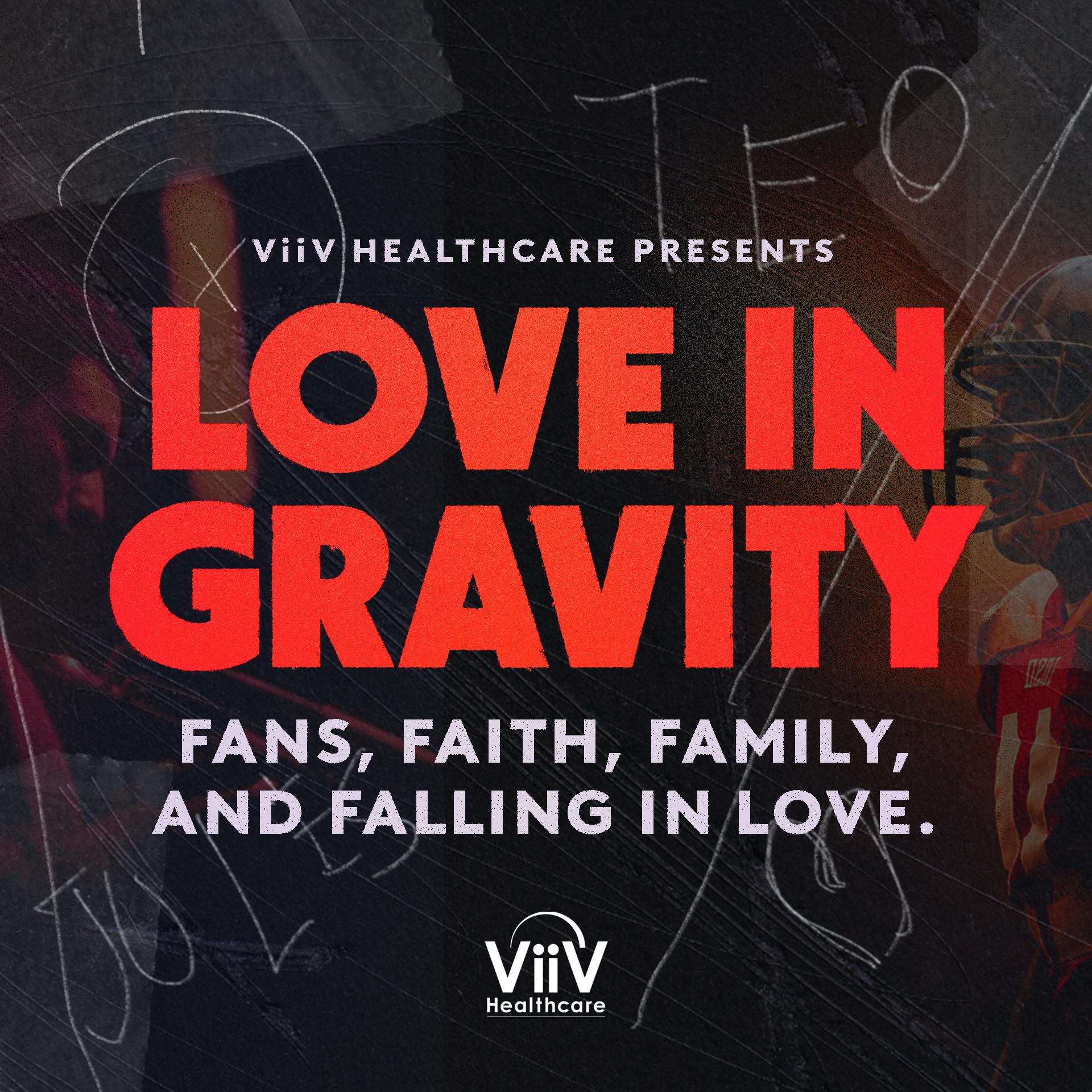
Confessions
There are an estimated 50,000 Latinas living with HIV in the United States today. In 2020, there were 5,450 new HIV infections in women. Confessions is a podcast that follows the lives of 6 women who share their journeys.
The women in this podcast courageously share their stories and the pain they've endured, raising awareness and breaking down barriers. Their voices are powerful and necessary in promoting empathy. Let's listen and learn from their experiences.
This podcast is brought to you by the Los Angeles Family AIDS Network in collaboration with Women Together and produced by mejia.tv
For more information about the Los Angeles Family AIDS Network visit lafan.org
facebook.com/LAFAN1
Instagram; @lafamilyaidsnetwork
HIV data obtained at cdc.gov/hiv
To find HIV testing, treatment, and other resources visit https://locator.hiv.gov/
Produced by:
Natalie Sanchez
Elia Silveyra
Francisco Valdes
Se estima que hoy en día hay 50,000 Latinas que viven con VIH en los Estados Unidos. En el ano 2020, hubo 5,450 nuevas infecciones de VIH en mujeres. Confesiones es un podcast que sigue la vida de 6 mujeres que comparten sus historias.
Las mujeres en este podcast comparten con valentía sus historias y el dolor que han aguantado, creando conciencia y derribando barreras. Sus voces son poderosas y necesarias para promover la empatía. Escuchemos y aprendamos de sus experiences.
Este podcast es presentado por Los Angeles Family AIDS Network en colaboración con Women Together y producido por mejia.tv
Para obtener más información sobre Los Angeles Family AIDS Network visite lafan.org
facebook.com/LAFAN1
Instagram: @lafamilyaidsnetwork
Datos sobre el VIH obtenidos en cdc.gov/hiv
Para encontrar pruebas, tratamientos y otros recursos del VIH, visite https://locator.hiv.gov/
Producido por:
Natalie Sanchez
Jazmin Rojano
Elia Silveyra
Confessions
Born in the Rain
Dana is a 28-year-old white woman, born in San Clemente California, and currently resides in Los Angeles. She was diagnosed with HIV in 2018. Her biological mother suffered from substance abuse disorder and was unable to care for her. Dana was adopted by her uncle and aunt. She grew up in Hollywood Hills, an upper middle-class neighborhood.
When she was a little girl, she was enrolled into sports, arts, photography, piano lessons, swimming, etc. Her adoptive parents were able to give her the best life possible to have a good outcome; however, she was a rebel. On her 18th birthday she was thrown out from her home. Due to circumstances related to her adoption, she did not have any sort of identification documents which caused her problems later in her life.
She moved to San Juan Capistrano, a small city 70 miles northwest of Los Angeles, with her biological father who was a recovering addict. They did not get along well and she was expelled from this living situation. Dana came back to Los Angeles and went to live with the family of a friend from high school who was using drugs. Her friend would take her to “trap houses”, where illegal substances are sold. She ended up using substances and because of it, was kicked out again by the parents of her friend.
She met the father of her baby in the environment of drugs. He also had substance abuse problems. They developed a special bond being homeless and united by drugs. She had her fist baby girl when she was 20 years old, but the baby was removed by Child Protective Services at the time of birth. The irreversible fact of losing her baby gave Dana the strength to seek drug rehabilitation.
Dana learned of her HIV status in a very unusual way - she began hearing rumors from other people. By this time, she was already experiencing symptoms of the infection. Dana tells us that the manner she got infected with HIV is as odd as the way she learned she had it. Nobody in her circle of friends had HIV. She was not uncareful and she practiced safer sex. After being diagnosed with HIV she continued abusing substances for a year and a half, and shortly after realized that she needed to change her life. Dana wanted a sober man, someone to emotionally support her, to have a baby and build a family. Finding sober friends was a part of her recovery.
Dana eventually found the man she was looking for, someone who helped her to stay sober. She planned to get pregnant, and the magical moment occurred. From that time, she became very proactive in staying sober and finding the right place for her recovery. Dana has not used since. As a majority of women would agree, one of the most special and unique ways to feel connected to their baby is to breastfeed. Under proper medical advice, Dana was able to accomplish it and not pass HIV to her baby. However, disclosing her HIV status was still challenging.
Dana’s intricate story is full of experiences with homelessness, substance abuse, and cruel rumors; but it is also full of accomplishments and successes. Her story stresses that the components which surround her life are not exclusive to certain races nor socioeconomic statuses. Dana was born in the rain, and she has withstood multiple storms in her life. Thanks to the willingness to change and to have the courage to achieve her goals, the sun shines for her now and shares it in our podcast today.
Funding provided by the Health Resources & Services Administration (HRSA) Ending the HIV Epidemic Grant and the County of Los Angeles, D
This podcast is brought to you by the Los Angeles Family AIDS Network

Natalie Sanchez
Host
Elia Silveyra
Co-hostCitlalin Lopez Torres
Producer
Francisco Valdes
ProducerXavier Mejia
ProducerPodcasts we love
Check out these other fine podcasts recommended by us, not an algorithm.

Becoming Latina Physicians
Lourdes Alanis, MD
Love in Gravity
ViiV Healthcare